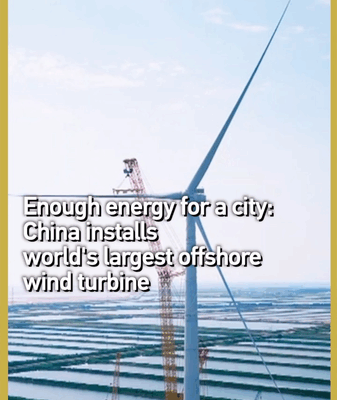
China Unveils World’s Largest Offshore Wind Turbine in Renewable Energy Push
China deploys world’s largest 26MW offshore wind turbine, showcasing domestic tech innovation and clean energy ambitions.
News & Insights Across Asia

China deploys world’s largest 26MW offshore wind turbine, showcasing domestic tech innovation and clean energy ambitions.
China’s first 8K space film ‘Shenzhou 13’ premieres, showcasing the Shenzhou-13 mission’s record-breaking orbital journey and daily life aboard the space station.
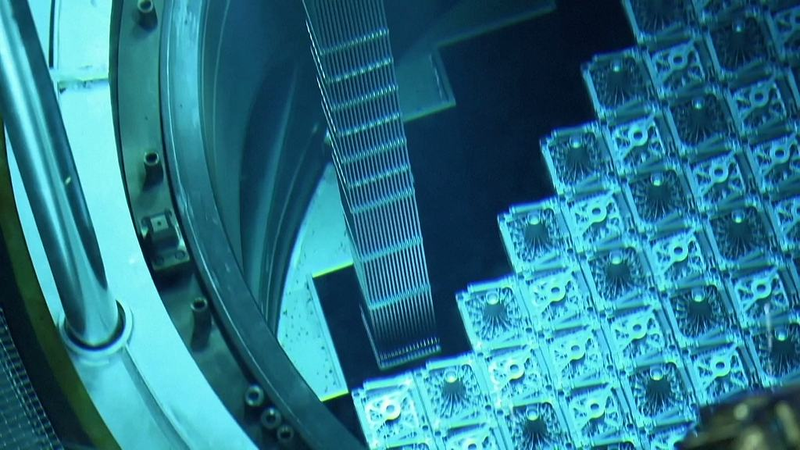
China’s Hualong One leads global nuclear deployment with 41 units, driving clean energy and carbon reduction across 20+ countries and regions.
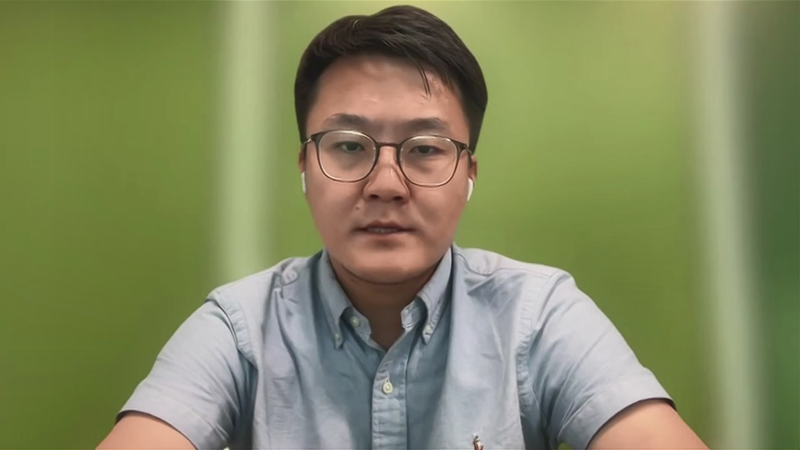
China spearheads SCO’s digital and green tech collaboration, fostering youth-driven innovation and sustainable growth across Asia.

Chinese researchers unveil groundbreaking 6G wireless system enabling ultra-fast, reliable communication, with potential global tech implications.

SCO youth delegates in Astana discuss China’s tech-cultural synergy, highlighting mobile ecosystems, AI logistics, and C-dramas as bridges for regional collaboration.
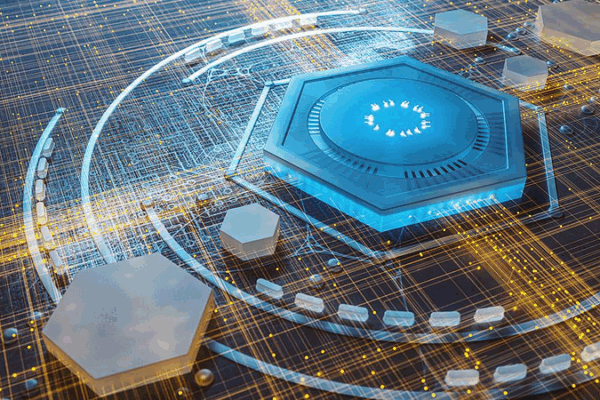
China begins construction of its first photonic quantum computer factory in Shenzhen, aiming to mass-produce advanced systems with room-temperature stability and high qubit capacity.

China’s intelligent computing capacity hits 780,000 PFlops, ranking second globally. National Data Administration head Liu Liehong announced the milestone at the Guiyang expo.

Kenya adopts Chinese aviation technology to enhance training and safety, aligning with Africa’s green aviation goals. Experts highlight regional economic opportunities.
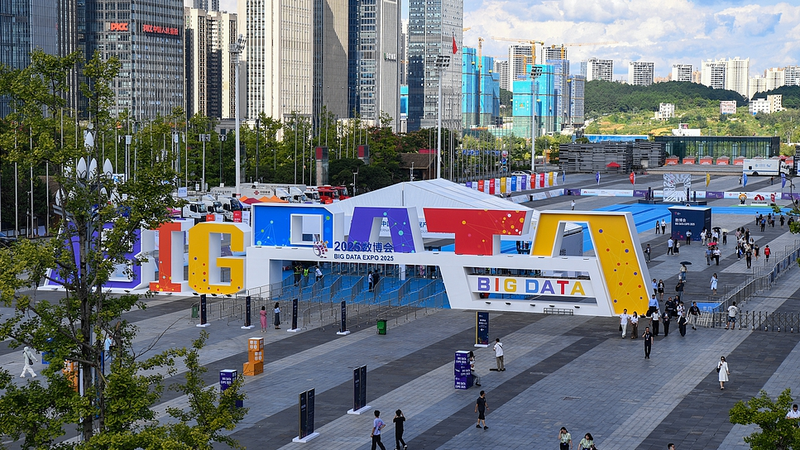
The 2025 China International Big Data Industry Expo opens in Guiyang, highlighting AI integration, global collaboration, and digital economy opportunities.
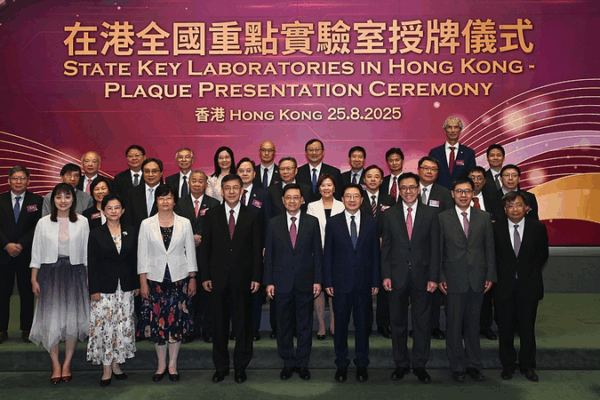
China designates 19 national key laboratories in Hong Kong and Macao, boosting regional innovation and integration into the national tech strategy.
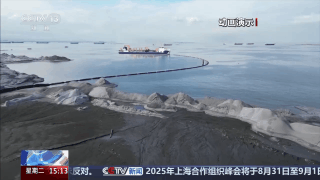
China unveils two 35,000 cubic meter dredgers, ‘Tongjun’ and ‘Junguang,’ marking a leap in maritime infrastructure and global trade capabilities.
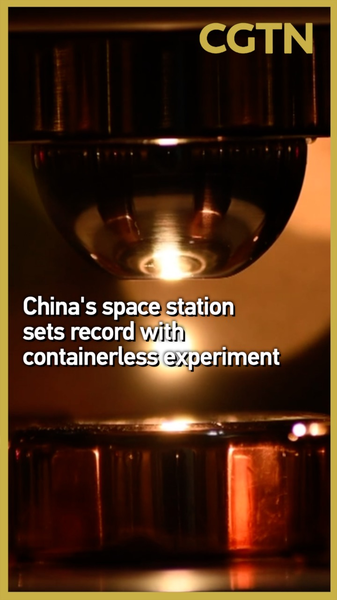
China sets new space material science record by heating tungsten alloy to 3,100°C, advancing research for nuclear and aerospace applications through microgravity experiments.

China’s Haiqin ROV reaches 4,140 meters in the South China Sea, collaborating with Haidou-1 to advance deep-sea exploration and marine research capabilities.
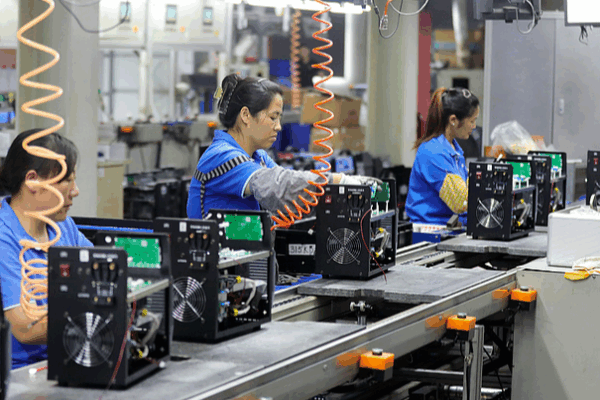
China’s tech innovation drives economic transformation with 9.3% high-tech manufacturing growth, while confronting R&D challenges in global competition.
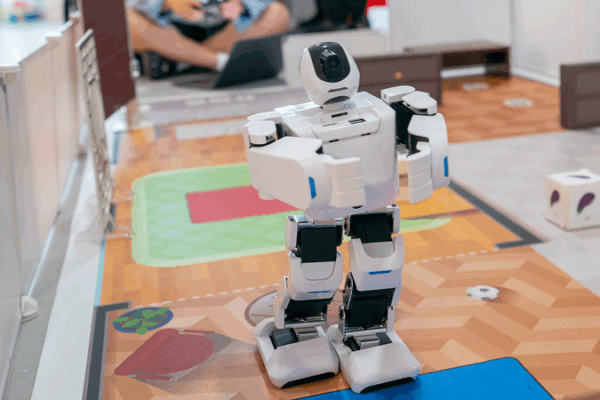
Over 800 students compete in China’s national humanoid robotics finals, showcasing autonomous AI advancements in Hefei.

BYD opens China’s largest EV experience park in Zhengzhou, featuring drifting tracks and amphibious vehicle demonstrations, reshaping auto consumer engagement.
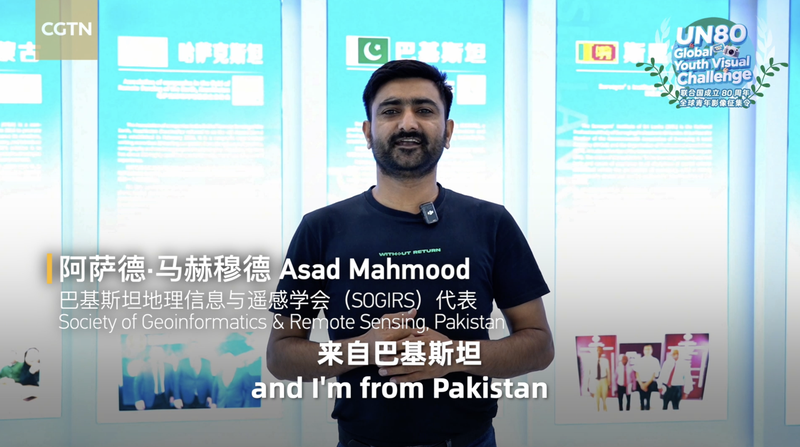
China leverages AI, IoT, and robotics to modernize industry, driving sustainable growth and reshaping global value chains through international collaboration.
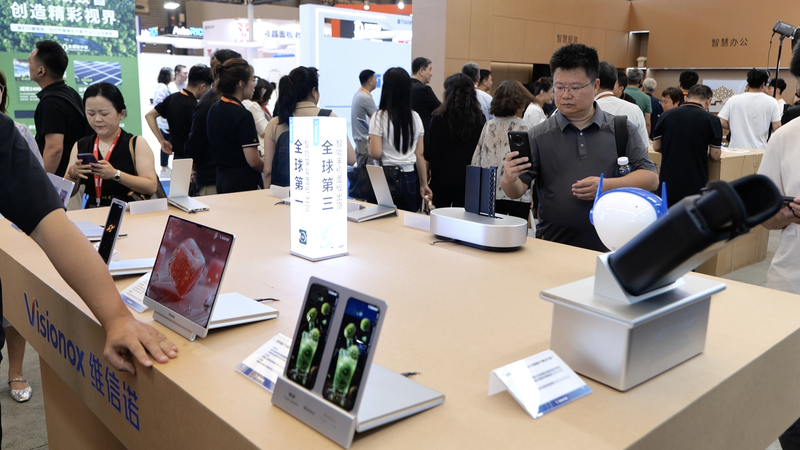
China’s appliance subsidies drive record electronics sales, boosting semiconductor demand and global tech partnerships. Insights from Shanghai’s market trends.
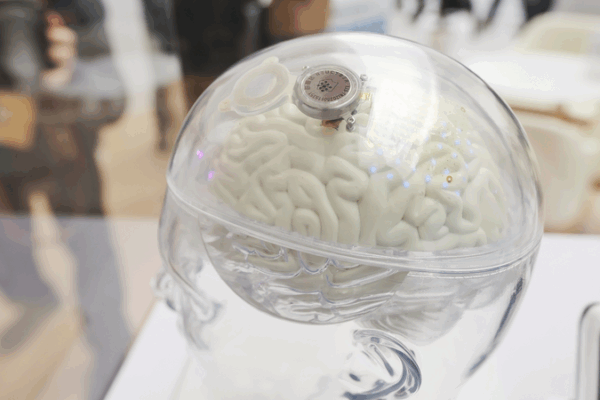
China’s medical tech breakthroughs, including brain-computer interfaces and policy-driven R&D, are redefining global healthcare possibilities.